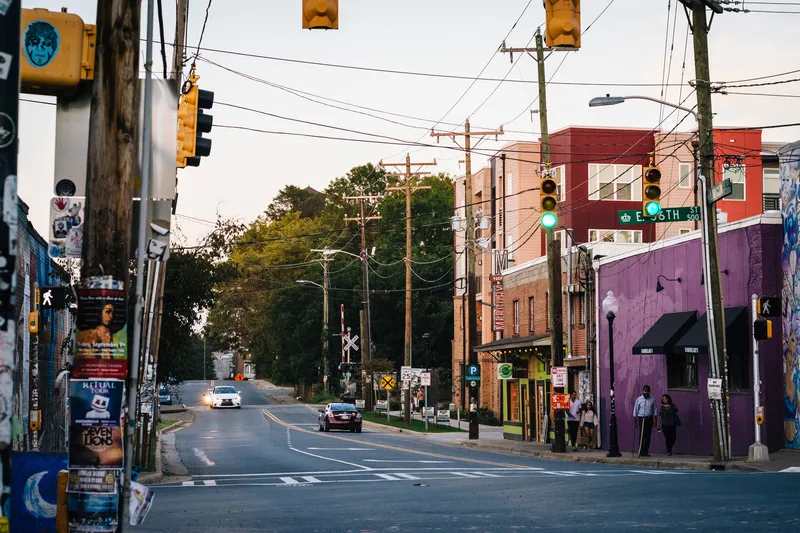The Transportation and Infrastructure Committee has unanimously approved the Surface Transportation Reauthorization and Reform (STRR) Act of 2015, a bipartisan, multi-year surface transportation bill to reauthorise and reform federal highway, transit, and highway safety programs.
The STRR Act helps improve the Nation’s surface transportation infrastructure, reforms programs and refocuses those programs on addressing national priorities, maintains a strong commitment to safety, and promotes innovation to
October 23, 2015
Read time: 2 mins
The Transportation and Infrastructure Committee has unanimously approved the Surface Transportation Reauthorization and Reform (STRR) Act of 2015, a bipartisan, multi-year surface transportation bill to reauthorise and reform federal highway, transit, and highway safety programs.
The STRR Act helps improve the Nation’s surface transportation infrastructure, reforms programs and refocuses those programs on addressing national priorities, maintains a strong commitment to safety, and promotes innovation to make the system and programs work better. The proposal is fiscally responsible, provides greater flexibility and more certainty for states and local governments to address their priorities, and accelerates project delivery.
The bill also extends the deadline for US railroads to implement positive train control technology.
“The Committee’s overwhelming approval of the STRR Act today is a positive step forward for our Nation’s transportation system and our economy,” said Transportation and Infrastructure Committee chairman Bill Shuster. “I look forward to House action on the bill and going to conference with the Senate as soon as possible.”
Schuster said the STRR Act is fiscally responsible and authorises federal surface transportation programs for six years.
The STRR Act helps improve the Nation’s surface transportation infrastructure, reforms programs and refocuses those programs on addressing national priorities, maintains a strong commitment to safety, and promotes innovation to make the system and programs work better. The proposal is fiscally responsible, provides greater flexibility and more certainty for states and local governments to address their priorities, and accelerates project delivery.
The bill also extends the deadline for US railroads to implement positive train control technology.
“The Committee’s overwhelming approval of the STRR Act today is a positive step forward for our Nation’s transportation system and our economy,” said Transportation and Infrastructure Committee chairman Bill Shuster. “I look forward to House action on the bill and going to conference with the Senate as soon as possible.”
Schuster said the STRR Act is fiscally responsible and authorises federal surface transportation programs for six years.









